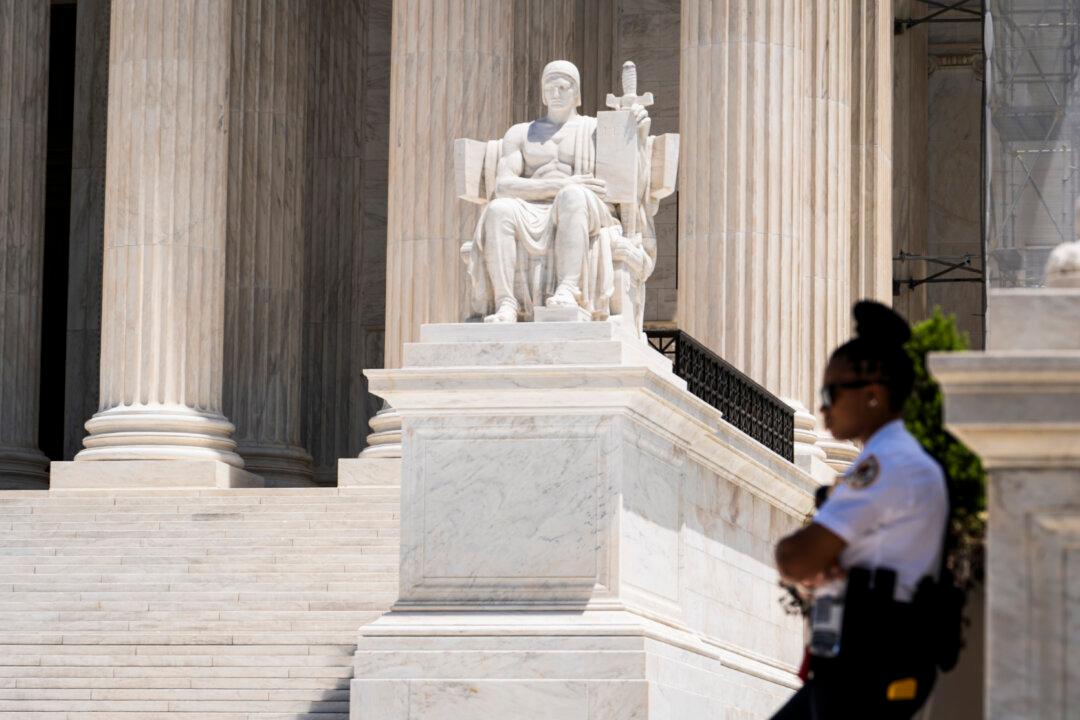The Supreme Court agreed on June 24 to hear a challenge by the federal government to a Tennessee law that prohibits the use of puberty blockers and medical treatments for minors who identify as transgender.
The decision comes as several states have enacted legislation regarding transgender individuals’ treatments, participation in school sports, use of gender-specific bathrooms, and drag shows.





